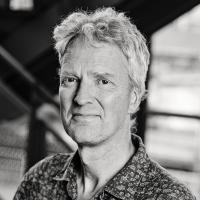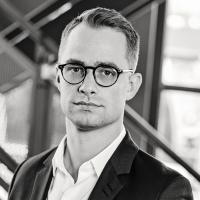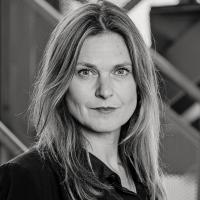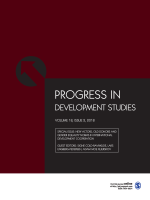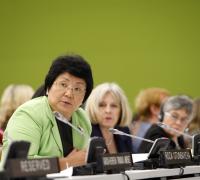Aid agencies need to address global norms on gender equality
How do development organisations understand, work with and institutionalize global norms on gender equality? Over the past 4 years, a DFF-funded research project based at DIIS entitled GLONO or “Global norms and heterogeneous donor organisations” has explored this question through in-depth case studies.
The second part of the Special Issue of Progress in Development Studies features articles on gender equality norms and how they influence development organisations like Danida, the World Bank, and Islamic Relief Worldwide. It also includes a post-script by Professor Michael Barnett, Elliott School of International Affairs, discussing the distinction between gender equality norms and practices.
Among other issues, the articles discuss how organisational actors engage with global norms on gender equality, how contextual changes stimulate or prevent norms from influencing the organisations, and how organisational structures may circumvent attempts by some to implement the norms. Across the organisations, it is clear that the norms are sufficiently strong to prompt engagement and reaction, but the exact way of addressing the norms depends heavily on the individual organisation’s characteristics, history and environment.
DIIS Eksperter
